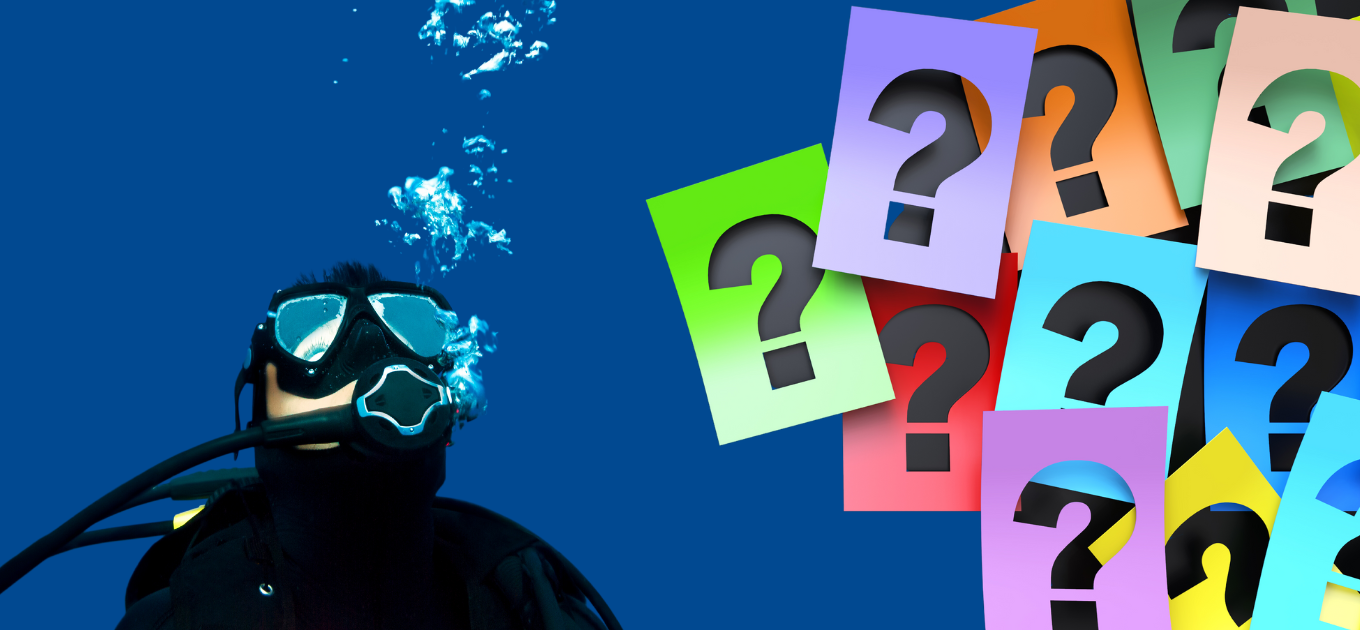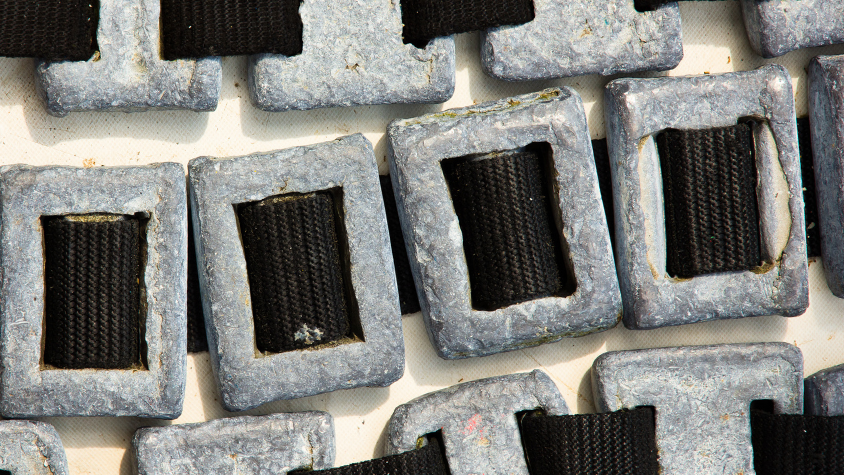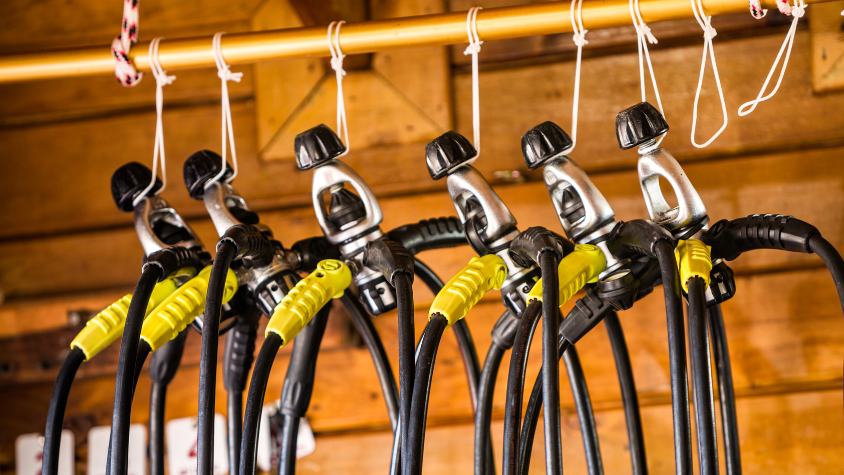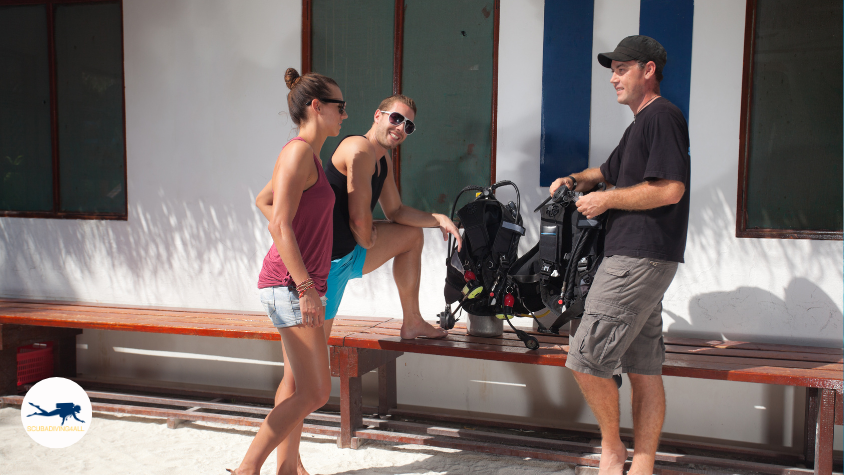Is it safe to scuba dive?
Yes, scuba diving is generally safe when practiced responsibly. Like any sport, there are inherent risks, but with proper training, equipment maintenance, and adherence to safety guidelines, these risks are significantly minimized. It’s crucial to get certified by a recognized agency and follow recommended practices to ensure safety.
Do I need to be a good swimmer to scuba dive?
While you don’t need to be an Olympic swimmer, basic swimming skills are essential for scuba diving. Most certification agencies require a simple water skills assessment, which includes floating, treading water, and a short swim. Being comfortable in the water is vital for a safe and enjoyable dive experience.
How do I get certified?
To get certified, you must enroll in a beginner’s scuba diving course with a recognized certification agency (like PADI, NAUI, or SSI). This course usually includes classroom or online learning, confined water training sessions, and open water dives. After successfully completing the course, you’ll receive your certification card.
How long does it take to get certified?
The duration can vary based on the training agency and the student’s pace. On average, the Open Water Diver certification – the beginner level – takes between two days to a week. However, some people choose to spread it out over several weekends.
What’s the difference between PADI, NAUI, SSI, etc.?
These are different scuba certification agencies. While they all teach the basics of scuba diving, each has its own teaching methodology, materials, and course structure. The choice often comes down to personal preference or regional availability. Allthese agencies are internationally recognized, ensuring your certification is accepted worldwide.
How deep can I dive once I’m certified?
For beginners with an Open Water certification, the recommended depth limit is 18 meters (60 feet). As you gain more experience and undertake additional training, like the Advanced Open Water course, you can go deeper. However, recreational divers typically limit their depth to 40 meters (130 feet).
What equipment do I need to start diving?
Initially, you’ll need basic gear like a mask, snorkel, and fins. Most dive centers provide the primary equipment, including wetsuits, buoyancy control devices (BCDs), regulators, and tanks. As you progress in diving, you may choose to invest in your own equipment for better fit and familiarity.
Should I buy or rent my diving equipment?
Beginners often start by renting equipment, which allows them to familiarize themselves with various brands and types. As you dive more frequently and become committed to the sport, investing in your own equipment can offer better comfort and reliability, as you’ll maintain and care for it personally.
Can I dive if I wear glasses or contact lenses?
Yes. Prescription masks are available for divers who wear glasses. Alternatively, many divers wear soft contact lenses while diving without issues. However, if choosing the latter, it’s essential to ensure your mask fits well to prevent water from entering.
How long does a typical dive last?
The duration of a dive depends on factors like your depth, physical exertion, and air consumption rate. On average, recreational dives last between 30 to 60 minutes. With experience, divers can extend their bottom time by improving their air consumption and using larger tanks.
Is there an age limit to scuba diving?
Most certification agencies allow young divers (usually 10 or 12 years old) to get a junior certification. There’s no strict upper age limit, but older divers should have a medical evaluation to ensure they’re fit to dive. It’s always crucial to consider individual health and physical condition.
Are there any health conditions that prevent someone from diving?
Some health conditions can pose risks while diving. Conditions like severe asthma, heart disorders, certain lung diseases, and recent surgeries might be contraindications. It’s crucial to consult with a physician, preferably one familiar with dive medicine, before starting.
What should I do if I feel uncomfortable or panicked underwater?
If you feel uneasy, signal to your dive buddy or instructor, and let them know. The primary rule is never to hold your breath; continue breathing slowly and deeply. Ascend slowly if necessary, but always under control. Over time and with experience, comfort levels generally increase.
Can I dive while pregnant?
Diving while pregnant is generally discouraged. There’s limited research on how diving affects fetuses, but due to potential risks, it’s best to err on the side of caution. If you believe you might be pregnant, consult a doctor before diving.
How do I equalize my ears while descending?
Equalizing your ears, or “clearing,” is done by pinching your nose and gently blowing out, which helps balance the pressure in your ears. It should be done frequently and before feeling discomfort. If you can’t equalize, ascend a little and try again.
Is diving with sharks safe?
Most shark species are not dangerous to divers. In fact, diving with sharks is a sought-after experience for many. However, it’s essential to be informed, respectful, and cautious. Some dive operators offer specialized shark diving experiences with safety protocols in place.
What happens if I run out of air underwater?
During training, divers learn the critical skill of sharing air with a buddy in case of emergencies. Dive computers and gauges help monitor air levels to ensure this situation doesn’t arise. Regularly checking air supply and planning dives correctly minimizes this risk.
How do I prevent getting decompression sickness or “the bends”?
Decompression sickness occurs when nitrogen bubbles form in the bloodstream due to rapid ascent. To prevent it, divers should ascend slowly, make safety stops, and follow dive



